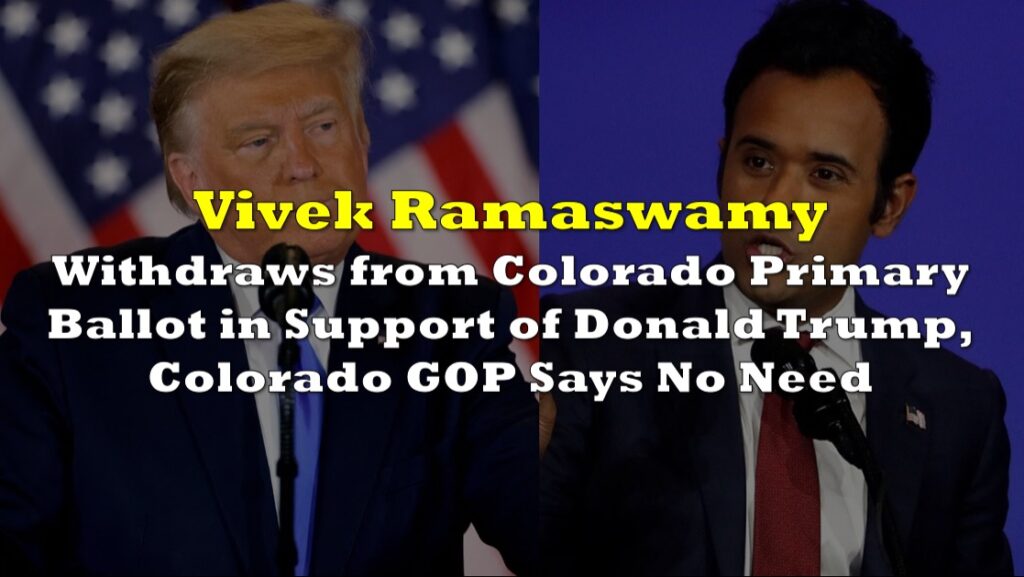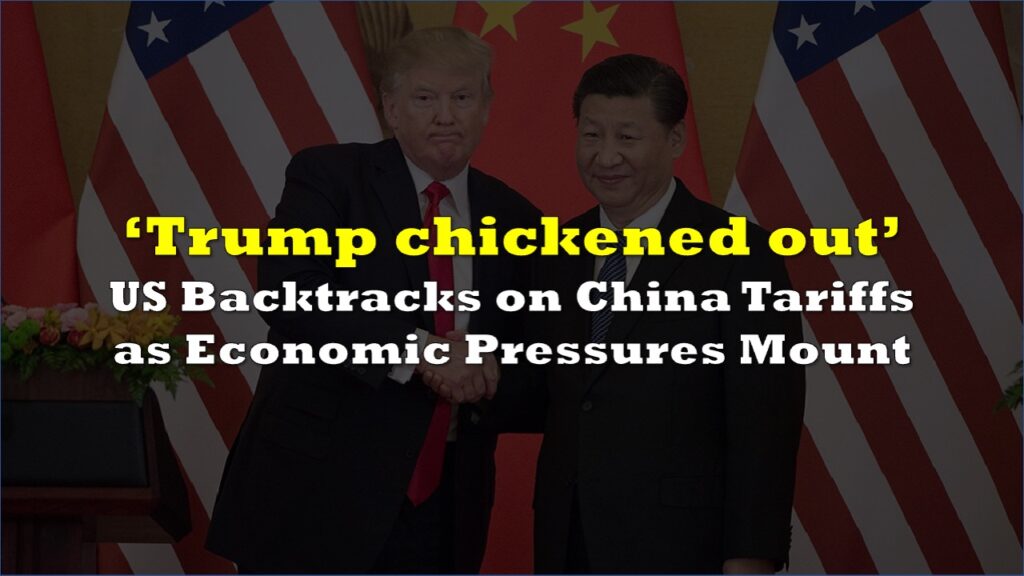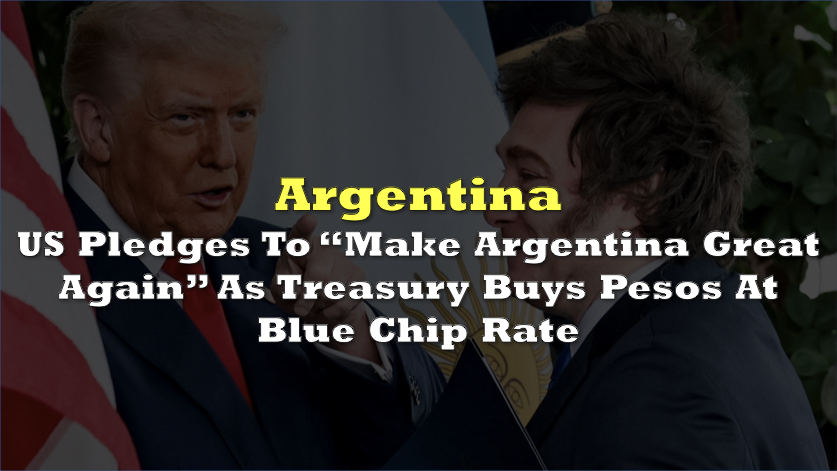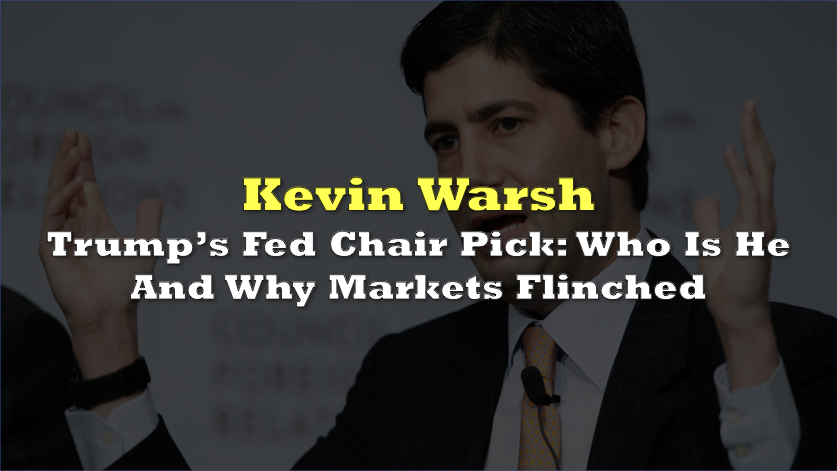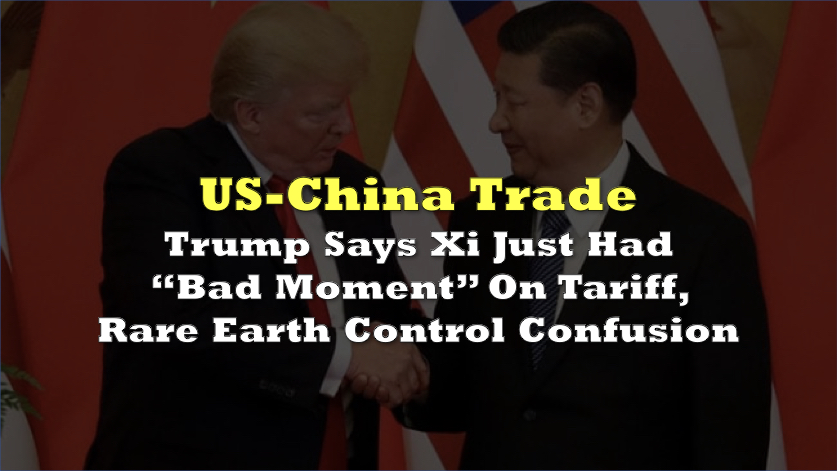In a controversial move, former U.S. President Donald Trump has floated the idea of imposing tariffs on Canadian oil, sparking concern among energy experts and economists about the potential consequences for gas prices, American jobs, and broader economic stability.
This proposal is part of Trump’s broader economic strategy, which includes steep tariffs on imports aimed at protecting American industries and funding his proposed tax cuts. However, experts warn that the tariffs, particularly on oil, could backfire, leading to higher costs for American consumers and potentially exacerbating inflationary pressures.
The potential fallout from tariffs on Canadian oil could be particularly severe in the U.S. Midwest, a region heavily reliant on Canadian crude oil for its refineries. Patrick De Haan, head of petroleum analysis at GasBuddy, issued a stark warning via social media, stating that if enacted, Trump’s tariffs could raise gas prices in the Midwest by as much as 25 to 75 cents per gallon.
“The bulk majority of refineries in this region have been processing Canadian crude, nearly exclusively, for decades,” De Haan explained. The imposition of tariffs would disrupt this longstanding supply chain, pushing up costs for refineries and consumers alike.
The United States imports significant quantities of oil from Canada—its largest trading partner in energy—making any tariffs a direct hit to U.S. refineries. According to the U.S. Energy Information Administration, Canada accounted for approximately 60% of U.S. crude oil imports in 2022, and much of that oil goes to refineries in the Midwest. Disruptions to this supply would force refiners to seek alternative sources of crude, potentially at higher costs, which would likely be passed on to consumers at the pump.
Heads up: if elected, Trump's promise to tariff imports of oil from Canada could cause #gasprices to surge 25-75c/gal in the Midwest if enacted. The bulk majority of refineries in this region have been processing Canadian crude, nearly exclusively, for decades.
— Patrick De Haan ⛽️📊 (@GasBuddyGuy) September 5, 2024
The tariff strategy
Trump’s oil tariff proposal is part of a larger economic plan centered on raising tariffs across the board. He has suggested a 10% tariff on all imports and a staggering 60% tariff on Chinese goods. The plan, in theory, could raise trillions of dollars in revenue to fund his proposed tax cuts.
However, many economists argue that these tariffs would likely do more harm than good, raising prices for American families and businesses and potentially sparking a global trade war.
Goldman Sachs, in an analyst note earlier this week, expressed serious concerns about Trump’s trade policies. The investment bank warned that if enacted, these tariffs would shrink the U.S. economy.
“Trump’s economic policies – particularly on trade – would cause America’s economy to shrink,” Goldman’s analysts wrote. They also predicted that, in contrast, Vice President Kamala Harris’ economic policies would foster growth.
David Kelly, chief global strategist at JPMorgan Asset Management, echoed these concerns. In an interview with CNN, Kelly described Trump’s tariff strategy as a “perfect stagflation machine” that would raise prices while simultaneously slowing economic growth.
“It’s one of those magical economic proposals that can actually cause inflation and put you into a recession – at the same time,” Kelly said.
For the average American family, Trump’s tariffs could lead to a sharp rise in living costs, particularly for those in lower income brackets. According to estimates from the Peterson Institute for International Economics, a 20% across-the-board tariff, combined with a 60% tariff on Chinese goods, could cost the typical middle-income household more than $2,600 per year.
These tariffs, researchers warn, would disproportionately hurt lower-income households, which spend a larger share of their income on imported goods.
“The losses are greatest for those at the bottom of the income distribution,” Kimberly Clausing and Mary Lovely of the Peterson Institute wrote in an August report.
Moreover, these estimates do not account for the potential impact of retaliatory tariffs from trading partners, which could further disrupt supply chains and increase costs for American consumers. Tariffs on imported goods like solar panels, steel, and aluminum have already cost Americans more than $230 billion, according to U.S. Customs and Border Protection. If Trump’s new tariff proposals are implemented, these costs could skyrocket, exacerbating an affordability crisis that is already a top concern for many voters.
Job creation?
Trump and his supporters argue that these tariffs are necessary to protect American jobs from unfair competition and to incentivize companies to bring manufacturing back to the United States.
“President Trump successfully imposed tariffs on China in his first term AND cut taxes for hardworking Americans here at home – and he will do it again in his second term,” Karoline Leavitt, national press secretary for the Trump campaign, said in a statement.
Leavitt claims that Trump’s plan will lead to the creation of millions of jobs and bring hundreds of billions of dollars back from China.
However, the evidence from Trump’s first term paints a more complicated picture. While tariffs on Chinese goods were intended to protect American manufacturers, they also triggered retaliatory tariffs that hurt U.S. farmers and manufacturers.
A study by economists at the St. Louis Federal Reserve found that states most exposed to tariffs on Chinese imports experienced “lower increases or even decreases” in employment and output between 2018 and 2019.
In the energy sector, where Trump’s oil tariffs could have the most immediate impact, there is little indication that tariffs would lead to a resurgence in domestic production. Oil companies, which have long benefited from access to cheaper Canadian crude, could face higher costs, leading to potential job cuts rather than job creation.
Trump’s proposed tariffs come at a time when economic anxiety is at the forefront of voters’ minds. According to a recent CNN poll, 39% of likely voters across six battleground states cited economic issues as their top concern. Trump’s plan to raise tariffs, combined with his promise to extend the 2017 tax cuts, which are set to expire soon, presents voters with a stark choice.
While Trump argues that his tax cuts and tariffs will boost the economy and create jobs, many economists see his policies as a recipe for higher prices, slower growth, and increased economic instability. As Douglas Holtz-Eakin, president of the American Action Forum, warned, “It’s enormously protectionist and terrible economic policy.”
Economist Mark Zandi echoes the sentiment, adding, “It’s hard to know how much of Trump’s tariff talk is a negotiating tactic and how much he intends to enact if he were reelected… But even just a step in that direction is problematic. It’s a very bad idea.”
Americans are now left to weigh the potential benefits of Trump’s economic nationalism against the risk of higher costs, lost jobs, and a more uncertain economic future.
Information for this briefing was found via CNN and the sources mentioned. The author has no securities or affiliations related to this organization. Not a recommendation to buy or sell. Always do additional research and consult a professional before purchasing a security. The author holds no licenses.





